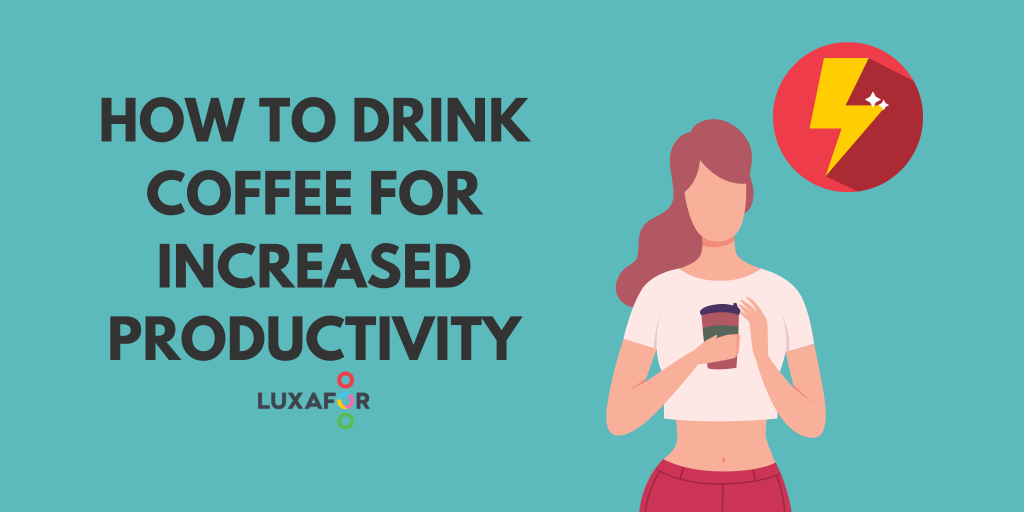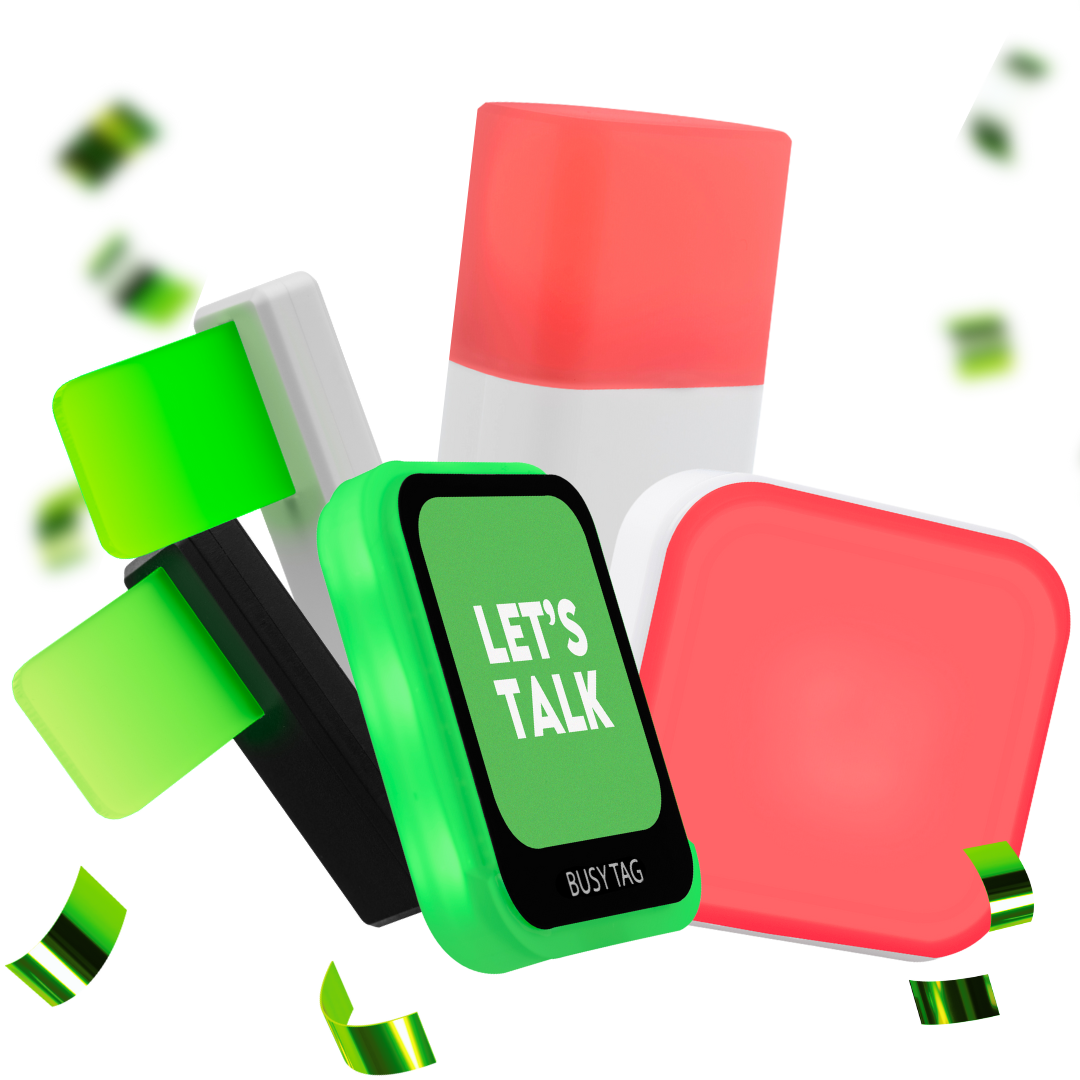How To Drink Coffee For Increased Productivity
- Updated on: July 19, 2024
Luxafor’s commitment to productivity extends beyond our gadgets. Our website is a treasure trove of valuable resources, offering articles, tips, and expert insights on various aspects of productivity. From time management techniques to creating a focus-friendly workspace, Luxafor empowers you with the knowledge to complement their tools and unlock your full potential.
What coffee really is
No matter if you consider yourself a coffee connoisseur or you just like your Starbucks on special occasions, you might want to know what coffee actually is and where it comes from, so let’s go on a short journey of a coffee bean first.
Not to mention, there is some shipping in-between these parts of the process. Only then the beans are ready to be roasted and brewed into your favorite energy-boosting drink. And we know the best way to drink coffee to achieve productivity. We bet you’ll enjoy your next cup of coffee more, knowing how long it took for the bean to make its’ trip to you!
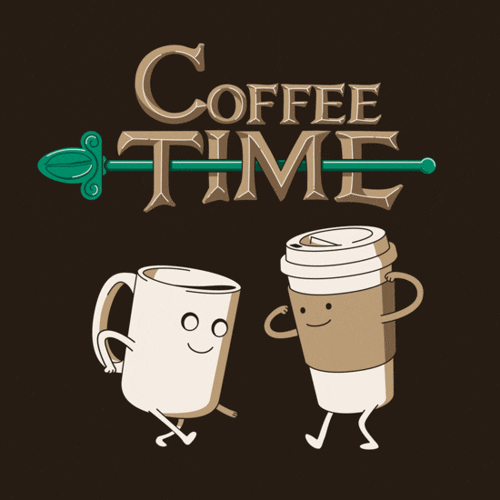
Source: Giphy
How coffee works

Source: Giphy
Coffee gives us “the energy and alertness boost” because there’s approximately 6 mg of caffeine in one roasted coffee bean.
Caffeine prevents your brain from absorbing a chemical called adenosine. This chemical triggers the flags in your brain that let you know you’re tired. While caffeine blocks your brain from absorbing the chemical, it continues to build up until caffeine eventually lets your brain absorb it.
Around the same time (~ 25 minutes after you drink your coffee), theobromine starts working. It is a chemical that causes tiredness and “crash”. But worry not, there are productive ways to drink coffee (or any other caffeinated beverage), so read on!
3 Major rules how to boost productivity with coffee:
1. Don't drink coffee right after waking up

Drinking a cup of coffee first thing in the morning may seem like the best time for such an energy boost, but a new study suggests morning coffees don’t necessarily make you more productive.
According to Anar Allidina, a registered dietitian, the peak production of cortisol (a steroid hormone or “stress hormone” that helps us avoid stress and deal with it efficiently ) occurs between 8 a.m. to 9 a.m. (under normal circumstances).
This means you don’t need caffeine at this time of the day. In fact, coffee can interfere with natural cortisol production, breaking the balance of stress-resilience later on during the day. The other effect of drinking coffee in the morning is well-known to habitual morning drinkers: It increases the person’s tolerance to caffeine because it replaces the natural cortisol-induced boost instead of adding to it.
Drink a glass of water immediately after waking up to stay hydrated. You can also try to take a cool shower or do light exercise instead to wake your body and mind up!
2. Stay hydrated!
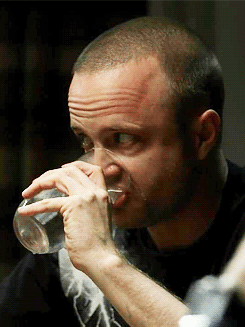
There is an unwritten rule about drinking coffee: one glass of water for each cup of coffee. No, this doesn’t apply to espresso-savvy palette-cleansing Italians only.
You might already know that coffee is a diuretic (something that dehydrates your body)and it’s quite acidic (can irritate your stomach). So it should come naturally to drink more water to ease these side-effects.
What you might not know is that theobromine in caffeine is the cause of the major “crash” you usually get after taking your cup of coffee. Drinking water after (or together with) your coffee helps lower this effect so that you can keep on going with your day!
And, of course, you should follow The 8×8 Rule every day, no matter if you drink caffeinated beverages or not.
3. Don't add these to your coffee!
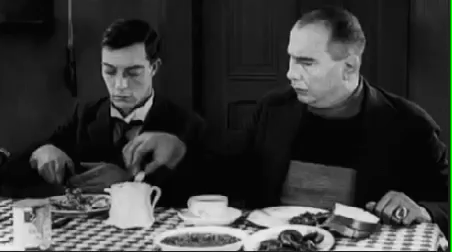
Your favorite coffee shop probably offers some sort of amazing “coffee drinks” that look and taste like something out of a children’s coloring book with rainbow colors, amazing shapes, and even sprinkles on top. But you must be careful with frappucinos and other drinks with many add-ons.
Sugar, syrup, whipped cream and colorants come with their own kind of “crash”. So layering them on is only going to make that hit of adenosine come on harder and faster, ultimately leaving you feeling even worse.
Another thing to never mix with coffee is alcohol. Yes, Irish coffee is a huge no-no if you want to stay alert and productive throughout the day, so steer away from alcoholic caffeinated drinks.
Guidelines for productive coffee-drinking:
- Don't take your coffee first thing in the morning. Opt for a cool shower or a quick workout instead to wake your body and mind up. Take your first cup between 10 a.m. and noon.
- Take a glass of water with each cup of coffee to avoid bad-side effects and the crash after the caffeine stops working. Follow The 8x8 Rule to stay hydrated every day.
- Take your coffee black. Cut back on additives commercial coffee makers advertise so promptly, to avoid a sugar-crash on top of caffeine crash. You can even opt for naturally caffeinated teas with honey (such as green tea or matcha) instead. These are full of antioxidants, which can help to slow and regulate the caffeine crash.
- Bonus tip: If the Lazy Hour strikes, take your second cup of coffee between 2 and 5 p.m.
Summary
Coffee, that beloved beverage, can be your ally in the quest for productivity. But how you consume it matters! Here’s a quick rundown to maximize your focus and get the most out of your cup of joe:
Timing is Key: Don’t reach for coffee first thing upon waking. Caffeine levels peak 30-60 minutes after consumption. Aim for mid-morning (around 10 am to noon) for an optimal focus boost.
Listen to Your Body: While some thrive on coffee, others are more sensitive to caffeine. Know your limits and avoid overdoing it, which can lead to jitters, anxiety, and even hinder productivity.
Hydration is Essential: Coffee is a diuretic, meaning it increases urination and can lead to dehydration. Dehydration can lead to fatigue and decreased focus. Drink plenty of water alongside your coffee to stay hydrated.
Skip the Sugar Crash: Sugary additives in coffee can lead to an energy spike followed by a crash. Opt for black coffee or a natural sweetener like stevia.
Food is Your Friend: Don’t drink coffee on an empty stomach. Pair it with a healthy breakfast or snack to sustain your energy levels and avoid a caffeine crash.
By following these tips, you can transform your coffee habit from a simple pick-me-up into a strategic tool for peak productivity. Remember, moderation and mindful consumption are key to unlocking coffee’s true potential for getting things done!

